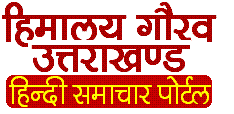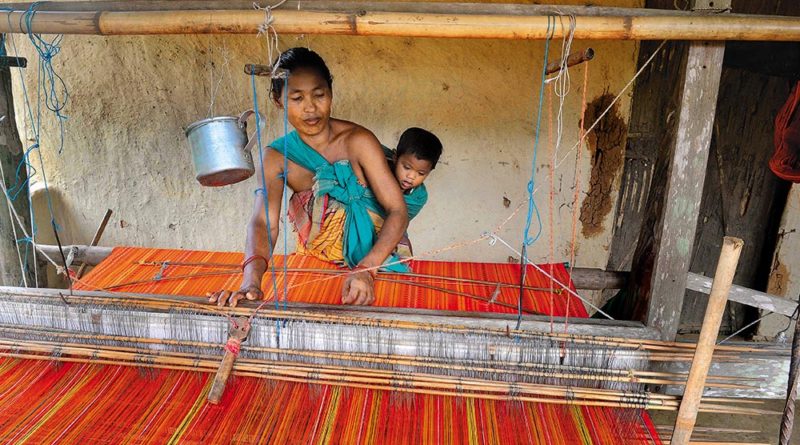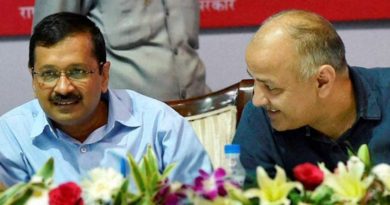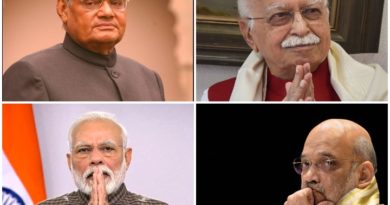आरएसएस पर आउट लुक की स्टोरी से मचा तहलका-
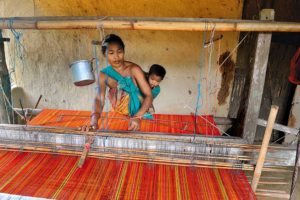 आरएसएस आदिवासी लड़कियों की तस्करी करने में संलिप्त; 31 आदिवासी लड़कियों को असम से उठाकर पंजाब और गुजरात में भेजा
आरएसएस आदिवासी लड़कियों की तस्करी करने में संलिप्त; 31 आदिवासी लड़कियों को असम से उठाकर पंजाब और गुजरात में भेजा
साभार – आउट लुक-
आदिवासी लड़कियों की तस्करी को लेकर अंग्रेजी मैगजीन आउटलुक ने अपने ताजा अंक में एक कवर स्टोरी प्रकाशित की, जिसका शीर्षक है ‘ऑपरेशन बेबी लिफ्ट’। यह सर्च स्टोरी फ्रीलांस जर्नलिस्ट नेहा दीक्षित ने की है, जिसमें बताया गया है कि राष्ट्रीय स्वयं सेवक संघ (आरएसएस) से जुड़े संगठन किस तरह आदिवासी लड़कियों की तस्करी करने में संलिप्त हैं और उन्होंने तीन साल तक की छोटी बच्चियों समेत कुल 31 आदिवासी लड़कियों को असम से उठाकर पंजाब और गुजरात में भेजा है।
रिपोर्ट में बताया गया है कि इन संगठनों ने ऐसा करते हुए मानव तस्करी से जुड़े राष्ट्रीय और अंतरराष्ट्रीय कानूनों का जमकर उल्लंघन किया है जिसमें गुजरात और पंजाब सरकार की शह शामिल है।
पिछले तीन महीने के अथक प्रयास के बाद पत्रकार नेहा दीक्षित ने 11,300 से भी ज्यादा शब्दों में अपनी ये रिपोर्ट पेश की है। लेकिन रिपोर्ट पब्लिश होने के बाद से महिला पत्रकार नेहा सोशल मीडिया पर उत्पीड़न का शिकार बन गईं। उन्हें भद्दी-भद्दी गालियां दी जाने लगीं है। इतना ही नहीं नेहा के खिलाफ गुवाहटी के लतासिल पुलिस थाने में एफआईआर भी दर्ज कराई गई है। एफआईआर में मैगजीन के प्रकाशक इंद्रानिल रॉय और संपादक कृष्ण प्रसाद का नाम भी शामिल है।
इन तीनों के खिलाफ जिन लोगों ने शिकायत की है, उनमें बिजन महाजन, मोमिनुल अव्वल और सुभाष चंद्र कायल शामिल हैं। उन्होंने प्रकाशक, संपादक और रिपोर्टर पर सांप्रदायिक घृणा फैलाने का आरोप लगाया है। बताया जा रहा है कि महाजन और अव्वल भारतीय जनता पार्टी (भाजपा) के सदस्य हैं।
सैफ अहमद खान ।।
out loook report:
Operation #BetiUthaoThe full, 11,350-word text of Neha Dixit’s five-part investigation “Operation #BabyLift” on how the Sangh Parivar flouted every Indian and international law on child right to traffic 31 young tribal girls from Assam to Punjab and Gujarat to ‘Hinduise’ them.
The Sangh’s Stolen Child Crusade
How the parivar flouted every law on children to traffic 31 young tribal girls from Assam to Punjab and Gujarat to ‘Hinduise’ them. And how it leaves their parents forlorn.
On June 7, 2015, two days before Babita left for Gujarat, her native Kokrajhar district, in Assam, saw the second showers of the monsoon. It did two things: it accentuated the breathtaking expanse of greenery in her village and forced the khangkrai alari out of their flooded holes in the three bighas of paddy field and farmland her father Theba Basumatary owns, next to their small mud house, in Bamungangaon Bhatipara village.
Six-year-old Babita was always fascinated by these burgundy-coloured, eight-legged crabs. Each monsoon, she would spend hours catching them, putting them in a bamboo basket covered with her mother’s worn dokhana. That evening, Babita demanded khangkrai alari curry. “It’s tedious to catch them, take out their outer shell and legs and cook the edible parts. But I cooked it, thinking who will make it for her in the school hostel,” her mother Champa recalls. Theba, sitting next to her, gets up and walks up to the wall. “Stop discussing all this,” he says to Champa, tears welling up in his eyes.
On June 9, 2015, two days after Babita’s demand for crab curry was met, she and 30 other tribal girls—aged 3-11 years—were made to board a train by two women, Korobi Basumatary and Sandhyaben Tikde, of two Sangh parivar outfits, the Rashtra Sevika Samiti and Sewa Bharati, on the promise of education in Punjab and Gujarat. The girls were from five border districts of Assam, Kokrajhar, Goalpara, Dhubri, Chirang and Bongaigaon. A year has passed since Babita left. The monsoons are back and so are the crabs. In all this time, the girls’ parents haven’t been able to contact them.
In a three-month-long investigation, Outlook accessed government documents to expose how different Sangh outfits trafficked 31 tribal girls as young as three years from tribal areas of Assam to Punjab and Gujarat. Orders to return the children to Assam—including those from the Assam State Commission for the Protection of Child Rights, the Child Welfare Committee, Kokrajhar, the State Child Protection Society, and Childline, Delhi and Patiala—were violated by Sangh-run institutions with the help of the Gujarat and Punjab governments.
